Unable to find the VMX binary 'D:\新建文件夹\vmware-vmx.exe'.
Posted
tags:
篇首语:本文由小常识网(cha138.com)小编为大家整理,主要介绍了Unable to find the VMX binary 'D:\新建文件夹\vmware-vmx.exe'.相关的知识,希望对你有一定的参考价值。
VMware安装虚拟机完毕后,点开机出现以下提示,求大神解救!!!万分感谢!!!
Unable to find the VMX binary 'D:\新建文件夹\vmware-vmx.exe'.
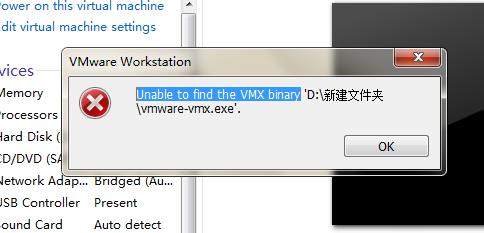
VMware安装虚拟机完毕后,点开机出现以下提示,是设置错误造成的,解决方法如下:
1、打开计算机,找到虚拟机安装的盘,这里是r盘,所以打开r。

2、然后在打开的R盘中,点击顶部的工具文件夹选项。
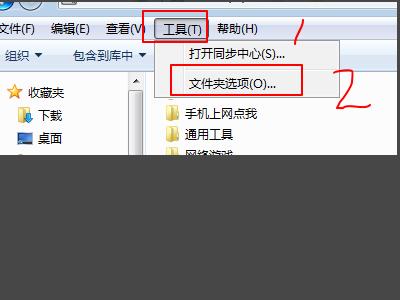
3、在下图先点击查看,下拉找到隐藏后缀名的把它勾去掉后点击应用。这里已经是去掉了。
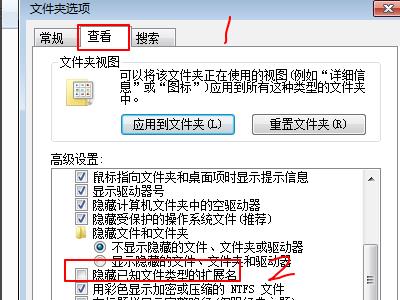
4、然后在根目录下拉就看到了vmx文件,右键它用note打开。
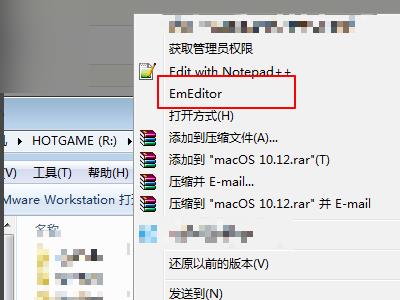
5、打开后,添加如下图这行文字smc.version = 0,然后点击保存,退出软件即可解决问题。
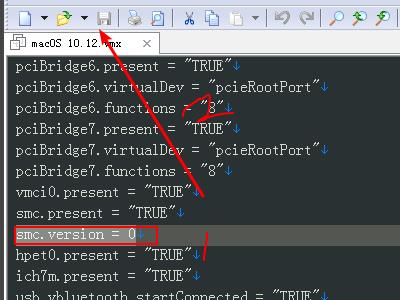
2、以管理员的身份运行命令编辑器,运行sc delete VMAuthdService指令把不需要的删除VMAuthdService 服务。
3、在控制面板->程序->程序和功能中找到VMWare workstation点击进行“修复”(记得千万不要卸载),即可解决上述问题。 参考技术C 不用重新安装,软件只是找不到原来的安装路径,变回原来的安装路径就可以了 参考技术D 点击安装虚拟机的程序,里面有修复功能,别问我为啥知道,我刚就这样了,简直崩溃
Realm [*] was unable to find account data for the submitted AuthenticationToken
使用shiro登录的系统,在dev环境一切正常,今天早上部署到test环境就报这个异常了。。。
网上搜了下,从shiro源码的 ModularRealmAuthenticator 里面的 doSingleRealmAuthentication 找到了异常原因
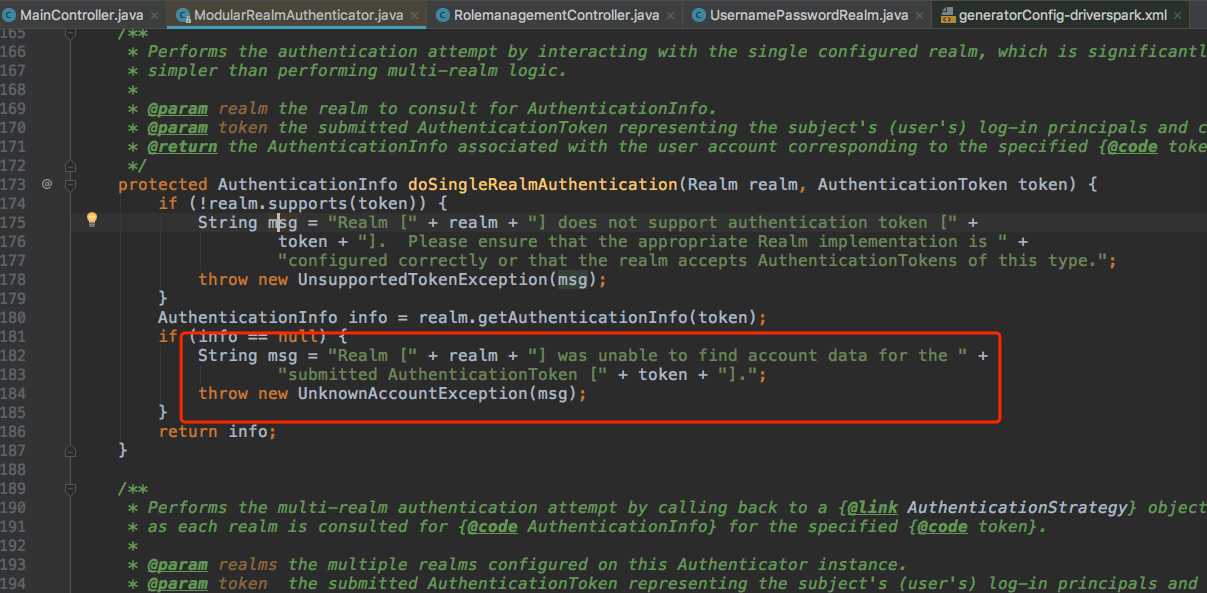
刚开始不太明白,自己本地和dev环境都没问题,怎么这里就报错了那? 然后去看自己的实现shiro权限里面,忽然既然shiro里面说认证为空,会不会是查询数据库的数据没有没有存进去?
然后看了下自己的实现
package com.sq.transportmanage.gateway.service.common.shiro.realm; import com.google.common.collect.Maps; import com.sq.transportmanage.gateway.dao.entity.driverspark.CarAdmUser; import com.sq.transportmanage.gateway.dao.entity.driverspark.SaasPermission; import com.sq.transportmanage.gateway.dao.mapper.driverspark.ex.SaasPermissionExMapper; import com.sq.transportmanage.gateway.dao.mapper.driverspark.ex.SaasRoleExMapper; import com.sq.transportmanage.gateway.service.auth.MyDataSourceService; import com.sq.transportmanage.gateway.service.common.constants.Constants; import com.sq.transportmanage.gateway.service.common.constants.SaasConst; import com.sq.transportmanage.gateway.service.common.dto.SaasPermissionDTO; import com.sq.transportmanage.gateway.service.util.BeanUtil; import com.sq.transportmanage.gateway.service.util.MD5Utils; import org.apache.shiro.authc.*; import org.apache.shiro.authz.AuthorizationInfo; import org.apache.shiro.authz.SimpleAuthorizationInfo; import org.apache.shiro.realm.AuthorizingRealm; import org.apache.shiro.subject.PrincipalCollection; import org.slf4j.Logger; import org.slf4j.LoggerFactory; import org.springframework.beans.factory.annotation.Autowired; import org.springframework.stereotype.Component; import org.springframework.util.CollectionUtils; import java.security.NoSuchAlgorithmException; import java.util.*; /**认证 与 权限 **/ /** * 这个就是shiro SSOLogin 的用户获取的属性配置 */ @Component public class UsernamePasswordRealm extends AuthorizingRealm { private static final Logger logger = LoggerFactory.getLogger(UsernamePasswordRealm.class); @Autowired private MyDataSourceService myDataSourceService; @Autowired private SaasPermissionExMapper saasPermissionExMapper; @Autowired private SaasRoleExMapper saasRoleExMapper; /**重写:获取用户的身份认证信息**/ @Override protected AuthenticationInfo doGetAuthenticationInfo(AuthenticationToken authenticationToken) throws AuthenticationException{ logger.info( "[获取用户的身份认证信息开始]authenticationToken="+authenticationToken); try { UsernamePasswordToken token = (UsernamePasswordToken)authenticationToken; CarAdmUser adMUser = myDataSourceService.queryByAccount(token.getUsername()); SSOLoginUser loginUser = new SSOLoginUser(); //当前登录的用户 loginUser.setId( adMUser.getUserId() ); //用户ID loginUser.setLoginName( adMUser.getAccount() );//登录名 loginUser.setMobile( adMUser.getPhone() ); //手机号码 loginUser.setName( adMUser.getUserName() ); //真实姓名 loginUser.setEmail(adMUser.getEmail()); //邮箱地址 loginUser.setType(null); // loginUser.setStatus( adMUser.getStatus() ); //状态 loginUser.setAccountType( adMUser.getAccountType() ); //自有的帐号类型:[100 普通用户]、[900 管理员] loginUser.setLevel(adMUser.getLevel()); loginUser.setMerchantId(adMUser.getMerchantId()); loginUser.setSupplierIds(adMUser.getSuppliers()); String md5= null; try { md5 = MD5Utils.getMD5DigestBase64(loginUser.getMerchantId().toString()); } catch (NoSuchAlgorithmException e) { logger.info("sign error" + e); } if(Constants.MANAGE_MD5.equals(md5)){ loginUser.setSuper(true); }else { loginUser.setSuper(false); } List<String> menuUrlList = saasPermissionExMapper.queryPermissionMenussOfUser(adMUser.getUserId()); loginUser.setMenuUrlList(menuUrlList); /**当前用户所拥有的菜单权限**/ List<Integer> permissionIds = saasPermissionExMapper.queryPermissionIdsOfUser(adMUser.getUserId()); List<Byte> permissionTypes = Arrays.asList( new Byte[] { SaasConst.PermissionType.MENU }); Map<Integer,List<SaasPermissionDTO>> mapPermission = Maps.newHashMap(); /**查询所有的一级菜单**/ if(!CollectionUtils.isEmpty(permissionIds)){ List<SaasPermission> permissionList = saasPermissionExMapper.queryModularPermissions(permissionIds); Map<Integer,String> map = Maps.newHashMap(); permissionList.forEach(list ->{ map.put(list.getPermissionId(),list.getPermissionName()); //查询所有一级菜单下的子菜单 以树形结果返回 List<SaasPermissionDTO> menuPerms = this.getChildren( permissionIds , list.getPermissionId(), permissionTypes); mapPermission.put(list.getPermissionId(),menuPerms); }); loginUser.setMenuPermissionMap(map); loginUser.setMapPermission(mapPermission); } // //---------------------------------------------------------------------------------------------------------数据权限BEGIN logger.info( "[获取用户的身份认证信息]="+loginUser); return new SimpleAuthenticationInfo(loginUser, authenticationToken.getCredentials() , this.getName() ); } catch (Exception e) { logger.error("获取用户的身份认证信息异常",e); return null; } } /** * 查询每个一级菜单下的子菜单 * @param permissionIds * @param parentPermissionId * @param permissionTypes tree 树形,list 列表 * @return */ private List<SaasPermissionDTO> getChildren( List<Integer> permissionIds, Integer parentPermissionId, List<Byte> permissionTypes ){ List<SaasPermission> childrenPos = saasPermissionExMapper.queryPermissions(permissionIds, parentPermissionId, null, permissionTypes, null, null); if(childrenPos==null || childrenPos.size()==0) { return null; } //递归 List<SaasPermissionDTO> childrenDtos = BeanUtil.copyList(childrenPos, SaasPermissionDTO.class); Iterator<SaasPermissionDTO> iterator = childrenDtos.iterator(); while (iterator.hasNext()) { SaasPermissionDTO childrenDto = iterator.next(); List<SaasPermissionDTO> childs = this.getChildren( permissionIds, childrenDto.getPermissionId() , permissionTypes ); childrenDto.setChildPermissions(childs); } return childrenDtos; } /** * 查询角色登录进来所拥有的菜单时候shiro实现 * @param principalCollection * @return */ @Override protected AuthorizationInfo doGetAuthorizationInfo(PrincipalCollection principalCollection) { SSOLoginUser loginUser = (SSOLoginUser) principalCollection.getPrimaryPrincipal(); String account = loginUser.getLoginName(); //登录名 List<String> perms_string = saasPermissionExMapper.queryPermissionCodesOfUser( loginUser.getId() ); List<String> roles_string = saasRoleExMapper.queryRoleCodesOfUser( loginUser.getId() ); SimpleAuthorizationInfo authorizationInfo = new SimpleAuthorizationInfo(); Set<String> roles = new HashSet<String>( roles_string ); authorizationInfo.setRoles( roles ); logger.info( "[获取用户授权信息(角色)] "+account+"="+roles); Set<String> perms = new HashSet<String>( perms_string ); authorizationInfo.setStringPermissions(perms); logger.info( "[获取用户授权信息(权限)] "+account+"="+perms); return authorizationInfo; } @Override public Object getAuthorizationCacheKey(PrincipalCollection principals) { SSOLoginUser loginUser = (SSOLoginUser) principals.getPrimaryPrincipal(); String account = loginUser.getLoginName(); //登录名 return "-AuthInfo-"+account; } @Override public void clearCachedAuthorizationInfo(PrincipalCollection principals) { super.clearCachedAuthorizationInfo(principals); } @Override public void clearCachedAuthenticationInfo(PrincipalCollection principals) { super.clearCachedAuthenticationInfo(principals); } @Override public void clearCache(PrincipalCollection principals) { super.clearCache(principals); } }
再把本地的dev环境改成test环境的数据库地址,发现sql 报错了。。。
test环境的一个表里面的字段和dev 不同。。。 初始化数据库字段错了。。 额
修改后 登录正常了。。。。
以上是关于Unable to find the VMX binary 'D:\新建文件夹\vmware-vmx.exe'.的主要内容,如果未能解决你的问题,请参考以下文章